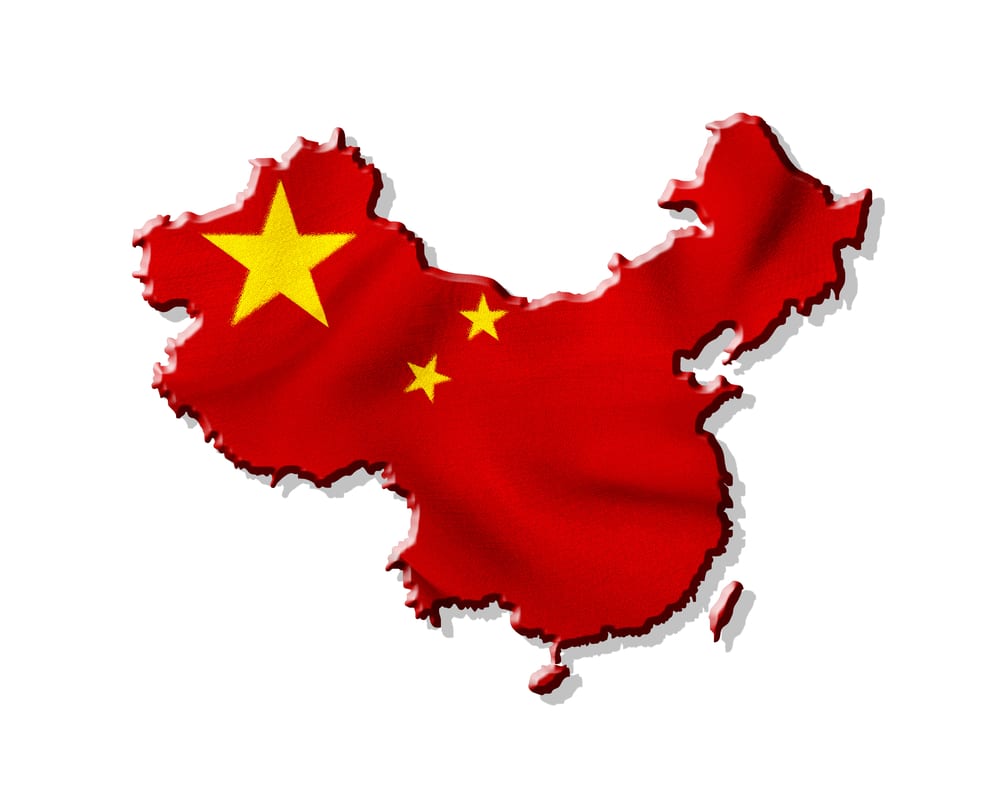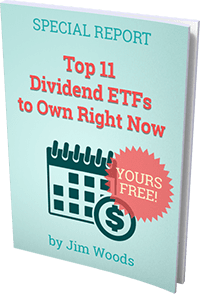The big buzz in markets over the past several days, and particularly during Monday’s approximately 2% tumble nearly across the board, has been over what many are calling a potential “China Lehman Moment.”
Those of us in the markets in 2008 remember quite well the real “Lehman Moment,” because that is when the financial giant declared bankruptcy due chiefly to massive mortgage-based derivates defaults. That bankruptcy ushered in the financial crisis and the subsequent tanking of financial markets worldwide, along with the global economy.
Well, in China, that nation’s second-largest property developer, Evergrande, is thought to be ready to default on its massive debt payments. In fact, Evergrande already alerted banks that it would be unable to meet existing debt obligations, and last week, that prompted a huge drop in the Chinese real estate sector.
Over the weekend, investors around the world considered the potential contagion from the Evergrande situation (along with a handful of other unknowns such as Fed policy, tax hikes, the debt ceiling debate and earnings warnings), and on Monday morning, the markets went into serious risk-off mode.
Now, over the past week or so I have read many articles about Evergrande that basically argued that if the company defaults on its debt, that will pose a systemic risk to the Chinese economy, and that it could potentially be China’s very own Lehman moment. Because of this risk, and due to China’s significance to the global economy, investors took the cautious route on Monday and de-risked nearly across the board.
And while that de-risking is certainly understandable, I think equating Evergrande with Lehman Brothers is an example of what philosophers call the “false equivalence fallacy.”
The false equivalence fallacy occurs when a uniformity is drawn between two subjects based on flawed or false reasoning. This fallacy also is known as a fallacy of inconsistency. Another more common way of elucidating the fallacy of false equivalence is via the cliché “comparing apples and oranges.”
Here, Lehman can be considered an apple, and Evergrande can be considered an orange. I say that because there is a huge difference between the government of the United States in 2008 and the government of China in 2021.
I think one of the best ways to think about China is that it’s a country, but it operates like a company. Yes, there are ostensibly “private banks” in China. And yes, there are “private corporations.” Yet, in the end, the Communist Party owns anything and everything, if it so chooses. Indeed, that government risk is one of the inherent dangers when investing in China.
Because of the Chinese government’s heavy hand in the nation’s industry, they also are very likely to backstop Evergrande and restructure that entity’s debt and/or just pay out the debt. You see, it’s because of this governmental backstop that Evergrande and Lehman are a case of false equivalence.
Unlike Lehman, there really isn’t global contagion risk with Evergrande because in the end, the loans to Evergrande were made by Chinese banks that are implicitly backstopped by the Chinese government, and the Chinese government’s balance sheet can easily handle the Evergrande losses, which are valued around $303 billion of liabilities.
Of course, I don’t mean to be dismissive here, as $303 billion of liabilities is catastrophic for most banks. But again, these banks aren’t truly private — at least, not like they are in the U.S. or in Europe. And while Western governments are hesitant to provide taxpayer support to bail out banks (we didn’t in the case of Lehman), in China it’s simply something that will be done to support the property market.
The fact is that the only way this would be a global systemic problem is if Western banks were on the hook for Evergrande’s debts (which they’re not). Moreover, the fact that Western banks were actually on the hook for defaulted Asian debt in the late 1990s is what prompted the appropriately named “Asian debt crisis.” That was a case of foreign money, leveraged hedge funds and banks that stood to lose big, and not a case of the Chinese government taking a loss.
So, despite concerns over the Evergrande debt issues, that matter remains largely an internal Chinese problem, and one that the Chinese government is likely to ameliorate.
Therefore, when it comes to Evergrande and Lehman, I want you to be a good philosopher and avoid the false equivalence fallacy. Or, more colloquially, don’t mix up your apples and oranges. One is for making pies, the other is for making screwdrivers.
***************************************************************
The Wisdom of Mistakes
“More people would learn from their mistakes if they weren’t so busy denying them.”
— Harold J. Smith
Learning from our mistakes is critical to our growth. Unfortunately, far too many people fail to even acknowledge their mistakes when it is painfully obvious to all that a mistake has occurred. Politicians are particularly guilty of this, so is it any wonder why so many policies out of Washington end up being repeated and harmful mistakes? If you want to be a better human, start by acknowledging your mistakes. Then, have the wisdom to learn from them, and make a valiant attempt not to repeat them. Doing so will put you on the path to excellence, and I guarantee you it will prompt a renewed sense of admiration in you from your friends, family and colleagues.
Wisdom about money, investing and life can be found anywhere. If you have a good quote that you’d like me to share with your fellow readers, send it to me, along with any comments, questions and suggestions you have about my newsletters, seminars or anything else. Click here to ask Jim.



![[instant messaging via tablets and phones]](https://www.stockinvestor.com/wp-content/uploads/shutterstock_125411345.jpg)
